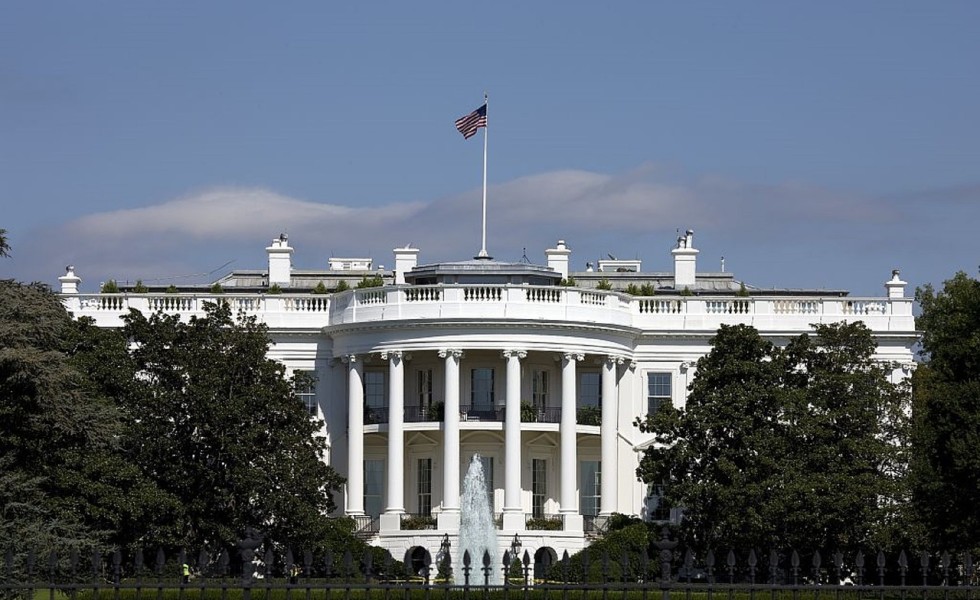Promises Made, Promises Kept
Posted on February 16, 2017

Of all the words used to describe President Donald J. Trump during his first days in office—bold, boastful, alternative facts—here are two that almost no person or pundit uttered: promise keeper.
Love him or loathe him, Trump took no time in checking off key items from his unconventional campaign’s list of unconventional promises.
Toss out the Trans-Pacific Partnership (TPP): check.
Start process to build a wall: check.
Impose “extreme vetting” on immigrants and refugees from various Muslim-majority countries: check.
Gut the Environmental Protection Agency: check is on its way.
Congressional Republicans kept their mouths politely shut when the President acted on the list’s first two items. Free trade and free access to much needed, cheap labor—legal, reportedly legal, or other-than-legal—are core conservative principles but, their silence seemed to say, it’s the President’s first week so we’ll act like we didn’t hear him.
Farm leaders, however, with both more to lose and more courage than their Trump-shrunk congressmen and senators, howled when Trump announced his TPP-killing action.
These Big Ag, mostly Trump backers very well knew Candidate Trump had made that promise but they very well didn’t know President Trump would keep his promise. What backslapping politician ever does?
But Trump doesn’t see himself as a politician. In fact, neither do most farmers and ranchers who overwhelmingly voted for him because, as they said in poll after poll, “He’s not a politician; he’s like us, a businessman.”
They were right—on both counts. So, stick a fork in TPP; it’s cooked because Trump thinks it’s bad business.
He later signaled the same fate for T-TIP, the not-yet-finished Euro-centered Transatlantic Trade and Investment Partnership between the U.S. and the European Union.
If these trade-smacking moves were too subtle to ag’s free traders, the President gave all another red-hot dose of his promise-keeping serum Jan. 26 when he endorsed a 20 percent “border tax” on imports entering the U.S from our free trade partner Mexico.
The border tax, explained White House press secretary Sean Spicer, is less about our “ridiculous”—yes, he said “ridiculous”—free trade policy and more about, well, one tall, long wall between the U.S. and Mexico.
“… Right now our country’s policy,” said Spicer, “is to tax exports and let imports flow freely in, which is ridiculous. By doing that [20 percent border tax] we can easily pay for a wall just through (sic) mechanism alone.”
A border tax to pay for a border wall, however, wasn’t one of his boss’s campaign promises and it caught American Big Ag leaders and Enrique Pena Nieto, the president of Mexico, flatfooted. Nieto immediately cancelled a planned White House meeting with Trump.
Still, after so much awful ag-related trade news from the White House, there is good news in its terrible border tax idea, says New York Times columnist Paul Krugman, a Nobel Prize-winning economist and no Trump acolyte (he calls President Trump “Agent Orange”).
First, explains Krugman, any border tax “can’t be country specific”—aimed solely at, say, Mexico—therefore it cannot be imposed and will never pay for any border wall anywhere.
Second, a border tax “might well be considered WTO-illegal” because the World Trade Organization often views it as “a combined export subsidy and import tariff.” Neither is allowed under WTO rules signed by both Mexico and the U.S.
So, a border tax is no bueno no matter what the White House says.
But that fact won’t quiet American farmers and ranchers. They made a quid pro quo when they voted for the non-politician Trump: We’ll risk your populist, anti-trade babble in return for a favorable rewrite of the tax code, a dehorning of the EPA, and a 2018 extension of today’s revenue-based crop insurance programs.
So far they’ve gotten the quid right in the eye—just as Trump promised. What’s next is anyone’s guess.
© 2017 ag comm
Share This